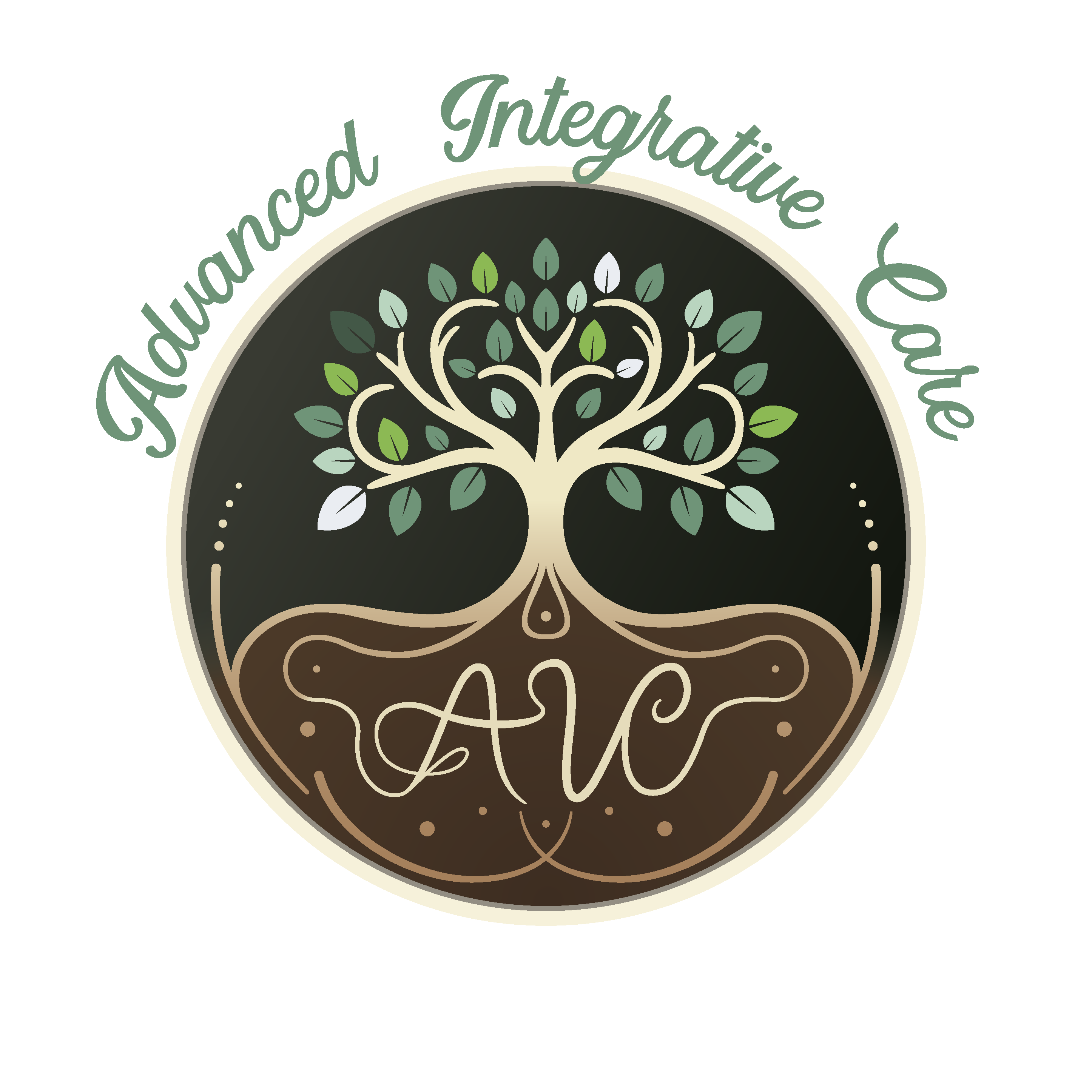Adrenal fatigue is often overlooked, but it plays a big role in how our bodies operate daily. When life gets hectic and we’re under constant stress, our adrenal glands can become overworked. These small, triangular glands sit on top of our kidneys, and their job is to release hormones like cortisol and adrenaline. These hormones help us respond to stress, but if the glands are pushed too hard, things can go off balance.
Recognizing the symptoms of adrenal fatigue early can be truly helpful. It’s like spotting the warning lights on your car’s dashboard. If you don’t catch these signals early on, your body might eventually hit a wall, leaving you feeling utterly drained. Understanding the signs is key, so let’s explore what adrenal fatigue looks like and why paying attention matters.
What Is Adrenal Fatigue?
Adrenal glands are tiny but mighty, playing a crucial role in managing our stress levels. They produce hormones that support various processes in the body, including metabolism and immune response. Think of these glands as your body’s stress managers. They get activated when you’re facing any kind of stress, whether it’s a late-night work deadline or traffic on your commute.
Adrenal fatigue happens when these glands can’t keep up with the constant demands placed on them. Imagine if you kept your smartphone on all the time without a break — eventually, it’s going to run out of battery. Similarly, long-term stress can deplete the adrenal glands, leading to a host of symptoms that can make everyday life feel like a challenge.
Common Symptoms of Adrenal Fatigue
Spotting the symptoms of adrenal fatigue early might help in handling this condition better. Here are some signs to watch out for:
– Fatigue and Feeling Overwhelmed: It’s like you’re driving on an empty tank. You might feel tired even after a long night of sleep.
– Sleep Disturbances: Trouble falling or staying asleep, or even waking up feeling unrefreshed, might be a sign.
– Cravings for Salty or Sweet Foods: Your body might crave these to replace the nutrients the adrenal glands have used up.
– Mood Swings and Irritability: Sudden bursts of emotion or ongoing feelings of being stressed may indicate adrenal fatigue.
These symptoms can differ from one person to another but knowing them can be half the battle in understanding what’s going on. Addressing these signs early might help in finding a balance that supports better well-being.
Integrated Health Care Approach
Turning to an integrated health care approach can bring a sense of balance, especially when dealing with adrenal fatigue. This style of care combines different therapies, focusing on the body as a whole rather than just targeting symptoms. It addresses the mind, body, and spirit, giving a comprehensive route to feeling better. By blending conventional and alternative treatments, integrated health care supports overall wellness, enhancing the body’s natural ability to recover.
By looking after the whole self, you can potentially reduce stress levels and support the adrenal glands. One common method is to include practices like mind-body exercises, which could involve yoga or meditation. These practices help calm the stress response and contribute to a more relaxed state. Nutritional support is another focus, where a balanced diet nourishes the adrenal glands, helping replenish essential nutrients that might be lacking.
Some therapies, such as acupuncture or massage, might play a role in offering relaxation and relief. This holistic approach appreciates how everything in the body is interconnected, aiming to nurture all parts of oneself for a more harmonious state of being.
When to Seek Help
Knowing when to reach out for professional guidance can make a significant difference. If you find yourself constantly drained or if the symptoms we’ve covered are taking a toll on your daily life, it might be worth exploring further support. Extended fatigue that interrupts life and doesn’t seem to ease with rest can be a sign it’s time to consult with a health care provider.
When you take that step, consultations usually start with a comprehensive assessment to understand what’s happening in your body. Professionals in integrated health care consider your lifestyle, habits, and overall health. These initial discussions aim to pinpoint specific stressors and symptoms you’re facing, helping map out a personalized care plan.
Personalized Path to Wellness
Embracing a path to wellness starts with understanding that you’re not alone in this journey. Seeking out guidance and learning about your adrenal health puts you back in the driver’s seat, in control of your well-being. A flexible care plan can support your daily routine, helping you feel more equipped to handle stress.
Fostering a balanced lifestyle involves small, consistent adjustments that support both your mental and physical health. Taking that first step in reaching out for help sets the stage for positive change. It’s all about finding what resonates with you and knowing that support is available to help you feel healthier and more energized.
Taking control of adrenal fatigue begins with understanding how to manage stress and support overall health. If you’re exploring ways to nurture your body’s natural balance, consider the advantages of an integrated health care approach. At Advanced Integrative Care, this method could help you find the path to a healthier and more balanced life. You’re not alone on this journey, and the right support can make all the difference.
